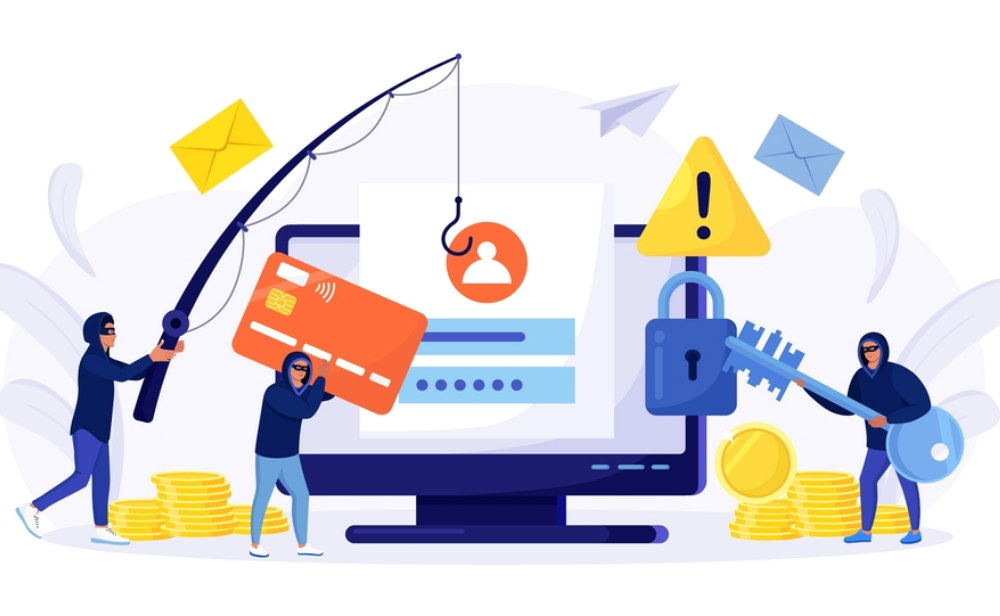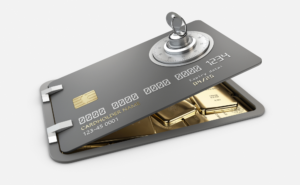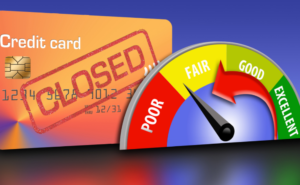Fraud Protection Services Make It Impossible To Use my Credit Card
If you observe unfamiliar purchases made through your credit card, contact the bank instantly and report these suspicious charges. Cancel your card and have your account shut down temporarily. There are several reasons for fraud protection services to act immediately, as fraudulent purchases are often made online.
As per the Fair Credit Billing Act, the liability limit for credit card fraud is $50. Consumers are not usually responsible for repaying that amount as they are not charged an additional cost.
Table of Contents
Credit Card Fraud in the U.S.
Identity theft and credit card fraud are rising in today’s digital day and age. According to one of the major credit bureaus in the United States, Experian, credit fraud remains one of the most frequently occurring forms of identity theft.
The Identity Theft Resource Center report revealed that about 14.2 million credit card numbers were exposed in 2017, an 88% increase from 2016. About $28 billion in illicit purchases via credit cards were reported globally in 2018. The number is expected to increase in the coming few years.
The two types of credit card scams are:
- Card-not-present fraud is when customers do not physically use the card during a fraudulent transaction. This type of fraud usually happens with online or over-the-phone transactions. Merchants cannot physically look into the details on the card for possible signs of fraud, for instance, a modified account number or a missing hologram.
- Card-present fraud has become a less common practice with advancements in technology as thieves have shifted to online methods of fraud.
What to Do If You’ve Been Victim to a Data Breach
Regardless of the amount charged on your card by an unauthorized user, cardholders’ liability is limited to $50 in the United States in case your card is stolen. Cardholders have zero liability to creditors if just the credit card account number is stolen, and the identity theft is recorded before any purchases are made.
Many credit card companies have adopted the zero liability approach, which takes the responsibility of fraudulent charges off the consumer. Further details regarding the terms and conditions are detailed in a cardholder’s agreement.
Notify your issuer instantly in case your card goes missing or is stolen. This is part of every credit card fraud protection services. The early alert will give the creditor enough time to assist you with the following:
- Verification of the fraud and where it has occurred.
- Removing unauthorized charges from your credit card account.
- A forceful shutdown of your account to stop fraudulent activities in the future.
- Opening a new credit card account in your name and issuing you a new card.
Details regarding fraud and identity theft can be verified by acquiring a free copy of your credit report from one of the three major credit bureaus; Experian, Equifax, and TransUnion. By reviewing your report, you can be sure that no other fraudulent activity has taken place.
As per the Fair Credit Billing Act, a consumer has about 2 months to dispute charges with their issuer from the time they get their credit card bill. In order to qualify for a dispute, the unauthorized charges must surpass $50, show a wrong amount or incorrect date, and consist of estimation errors.
The credit card company will have ample time to acknowledge and respond to your complaint with two invoicing periods to thorough their inspection of your case. The lender is not permitted to collect a payment, charge interest, or report it as late to credit reporting agencies during this period. These restrictions only apply to the charges to be disputed and not the other ones made during the same invoicing period.
To prevent identity thieves from opening new lines of credit in your name during a data breach, consider placing a credit security freeze, as your credit file will become inaccessible to all creditors. As a result, they will not be able to provide loans to anyone applying for them using your personal information.
A credit freeze or security freeze permits you to limit means of entry into sensitive data like your credit report to keep you protected from fraudulent activities and credit applications.
Bear in mind that freezing your credit will not prevent your current financial accounts, for which credit checks aren’t required, from being accessed. A credit freeze will protect your account against fraudulent activities such as imposters extracting debts using your name for a housing loan.
Be Attentive to Credit Card Fraud Protection Services Offers
Due to the rules and laws enforced by the state, credit card insurances are not important or needed as banks and other financial institutions will already have fraud protection services and identity protection services for their customers.
Third-party agencies offering identity theft and credit protection services are costly and often follow the same procedure as credit card companies. However, keep your eyes open for imposters selling $200 – $300 worth of credit card insurance by misleadingly claiming that borrowers may face a major financial risk if their cards are misapplied.
Regularly Monitor Your Credit Report
Your credit report and activities on your account should be frequently checked and kept a tab on. It is wise to get a free copy of your report from each of the credit bureaus to keep an eye out for fraud. The major credit bureaus give one free copy each year; however, you can request frequent copies of your report if your card has been stolen.
A few credit professionals advise ordering a copy of your report once every four months. You can also get insight into potentially fraudulent activity by doing weekly or monthly credit checks through your credit card company’s website.
Credit Card Fraud Protection Services is Built-in
The American Express ® credit card is coded with personal details which are linked to your card account. Your credit card physically consists of layers of fraud protection services that are in-built.
- Integrated chip technology. The chip in your credit card is an updated and more secure alternative to the silver strip on the back of your card. The chip generates a one-time-use computed code for every transaction to verify your account details. This makes it near impossible for identity thieves and fraudsters to make a replica of your card.
- Card identification number (CID). This 4-digit number is another layer of security added to your card. The card identification number is needed to verify “card-not-present” and online transactions.
The Bottom Line
Remember that you will not be held responsible if fraudulent charges are added to your account after identity theft or fraud. This process, however, can be time-consuming, but charges can be reimbursed.
Immediately contact your credit card company if you notice any suspicious activity in your account, and ensure to check your credit report for any errors or theft regularly. Sign up for the best fraud protection services for peace of mind if you are worried about credit card fraud.






